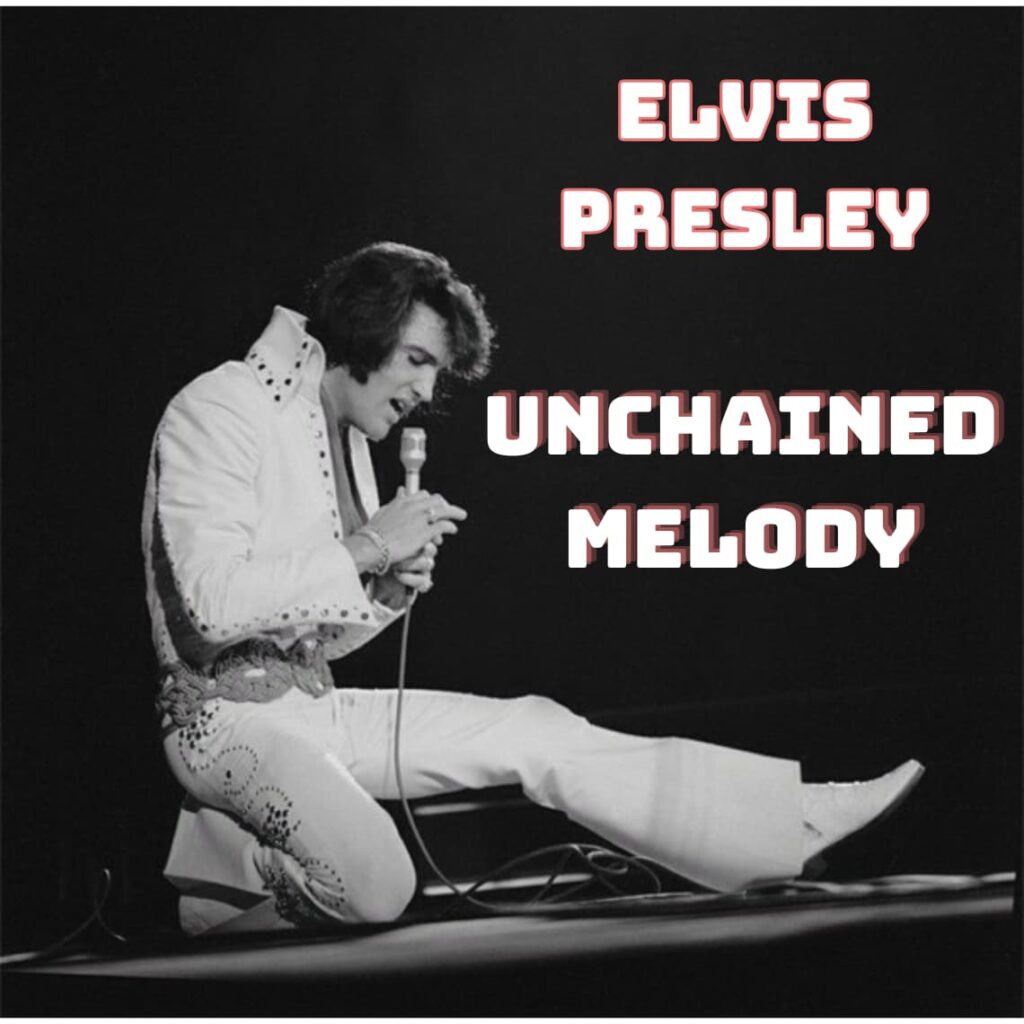
A Timeless Serenade: The Enduring Power of Unchained Melody
In the twilight years of his monumental career, a moment of raw, unadulterated vulnerability captivated the world, etching itself into the annals of music history. Elvis Presley’s rendition of “Unchained Melody,” recorded live on June 21, 1977, and subsequently released on his final album, “Moody Blue,” just weeks before his untimely passing on August 16, 1977, offers a poignant glimpse into the soul of a man grappling with his own mortality and a profound sense of longing. While the single itself didn’t climb to the very peak of the pop charts, it found considerable success on the country charts, reaching No. 6 on the US Hot Country Songs chart and No. 6 on the Canadian Country Tracks chart. The album “Moody Blue” itself peaked at No. 3 on the Billboard 200 and No. 1 on the US Top Country Albums chart, a testament to the enduring loyalty of his fanbase even as his health declined.
The story of “Unchained Melody” stretches back decades before Elvis made it his own. Originally composed by Alex North with lyrics by Hy Zaret in 1955, it served as the theme song for the prison film Unchained. The title itself, surprisingly, doesn’t appear in the lyrics. Instead, Zaret focused on the deep yearning of someone separated from their beloved, a sentiment that resonated profoundly with the film’s narrative of a prisoner deliberating between escape and returning to his family. Several artists charted with the song in 1955, including Les Baxter, Al Hibbler, and Roy Hamilton, but it was The Righteous Brothers’ 1965 version, famously featuring Bobby Hatfield’s soaring solo, that truly cemented its place as a timeless classic, enjoying a resurgence in popularity after its inclusion in the 1990 film Ghost.
For Elvis, in that summer of ’77, “Unchained Melody” became more than just a cover; it became a personal declaration, a mirror reflecting his inner world. He performed it live, often accompanying himself on the piano, and this particular rendition, captured during one of his final concerts for the Elvis in Concert TV special, is hauntingly powerful. You can hear the strain in his voice, yes, the weariness of a man whose body was failing him, but underneath it all, an undeniable, soul-stirring passion. The lyrics – “Oh, my love, my darling / I’ve hungered for your touch / A long, lonely time” – took on an almost autobiographical weight. Was he singing to a lost love? To a bygone era of his own unparalleled fame? Or perhaps, as many have speculated, to the very essence of life itself, slipping away from him so rapidly?
There’s a reflective quality to Elvis’s performance that speaks volumes to older listeners. We’ve all known what it feels like for time to “go by so slowly” when we’re longing for something or someone, and how “time can do so much” – both for good and for ill. The raw emotion he pours into each word, particularly the impassioned plea of “I need your love, I need your love, God speed your love to me,” transcends the simple act of singing. It’s a cry from the heart, a testament to the human need for connection and solace.
Listening to it today, it’s impossible not to feel a pang of nostalgia, a bittersweet ache for the King in his final act. It’s a reminder of how even at his most fragile, Elvis Presley could still command a stage and, more importantly, command the emotions of an audience. It wasn’t the slick, electrifying performances of his youth, but rather something more profound – a raw, exposed vulnerability that, in its own way, was just as powerful. This rendition of “Unchained Melody” is not merely a song; it’s an elegy, a final, unforgettable serenade from a legend bidding farewell. It leaves us with a lingering question, one that echoes with the passage of time: what did that melody truly unchain for Elvis in those last, lonely days? Perhaps, it was simply the yearning for a peace he had long sought.